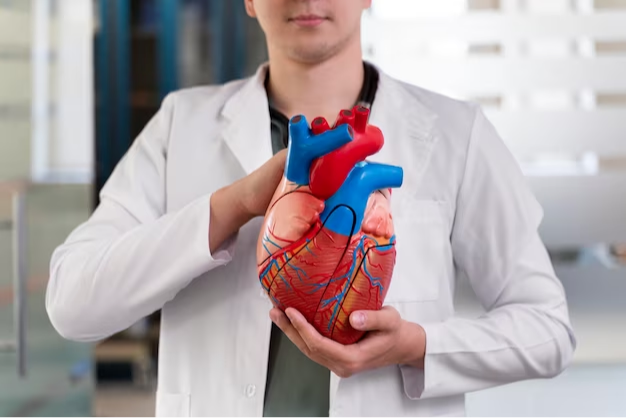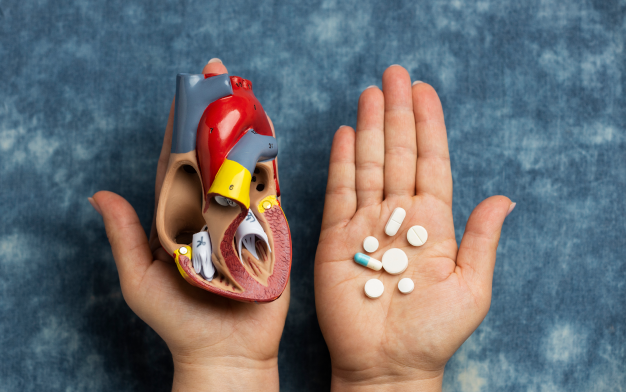Introduction
Congenital heart defects are structural abnormalities present at birth that affect the heart's normal function. Thanks to advances in medical science, interventional cardiology has become a critical component of congenital heart defect management. In this article, we will explore the role of interventional cardiology in diagnosing and treating congenital heart defects, offering new hope and improved outcomes to patients with these conditions.
Understanding Congenital Heart Defects
Congenital heart defects are a diverse group of conditions that can affect the heart's chambers, valves, walls, and blood vessels. These defects may disrupt the normal flow of blood through the heart, reducing the heart's ability to pump effectively. Some common congenital heart defects include atrial septal defects (ASD), ventricular septal defects (VSD), patent ductus arteriosus (PDA), and tetralogy of Fallot, among others.
The Role of Interventional Cardiology
- Diagnosis: Interventional cardiology plays a pivotal role in the diagnosis of congenital heart defects. Advanced imaging techniques, such as echocardiography and cardiac catheterization, provide detailed insights into the heart's structure and function.
- Treatment: Interventional cardiology offers minimally invasive treatment options for many congenital heart defects. Here are a few examples:
- Follow-Up and Monitoring: Interventional cardiologists provide ongoing care, monitoring, and follow-up to ensure the treatment's success and the patient's long-term well-being. Regular check-ups and imaging help detect any potential issues early.
- Atrial Septal Defect (ASD) Closure: For patients with ASD, a catheter-based procedure can be performed to close the hole in the heart wall using a device known as an occluder.
- Ventricular Septal Defect (VSD) Closure:Similar to ASDs, VSDs can be closed using catheter-based procedures, reducing the need for open-heart surgery.
- Pulmonary Valve Balloon Dilation:In cases of pulmonary valve stenosis, balloon dilation can be performed to open the valve and improve blood flow.
- Patent Ductus Arteriosus (PDA) Closure: Catheter-based procedures can close a PDA, preventing abnormal blood flow between the aorta and pulmonary artery.
- Minimally Invasive: Interventional procedures are generally less invasive than traditional open-heart surgeries. They offer quicker recovery times, reduced pain, and shorter hospital stays.
- Individualized Care: Each patient's congenital heart defect is unique, and interventional cardiologists can tailor their approach to address specific conditions.
- Improved Quality of Life: By treating congenital heart defects early in life, interventional cardiology can significantly improve a patient's quality of life, allowing them to lead more normal, active, and healthier lives.
- Reduced Long-Term Complications: Timely intervention can reduce the risk of long-term complications such as heart failure, arrhythmias, and the need for subsequent surgeries.
Conclusion
Interventional cardiology has brought about a transformative change in the management of congenital heart defects. It offers minimally invasive options for diagnosis and treatment, allowing patients to experience better outcomes and improved quality of life. The specialized skills and innovative techniques employed by interventional cardiologists make it possible to address a wide range of congenital heart conditions, providing hope and healing to those born with these challenging defects. As the field of interventional cardiology continues to advance, we can anticipate even more promising developments in the treatment of congenital heart defects, further enhancing the lives of patients living with these conditions.
.pdf%20300X60%20PX-02-02.svg)



